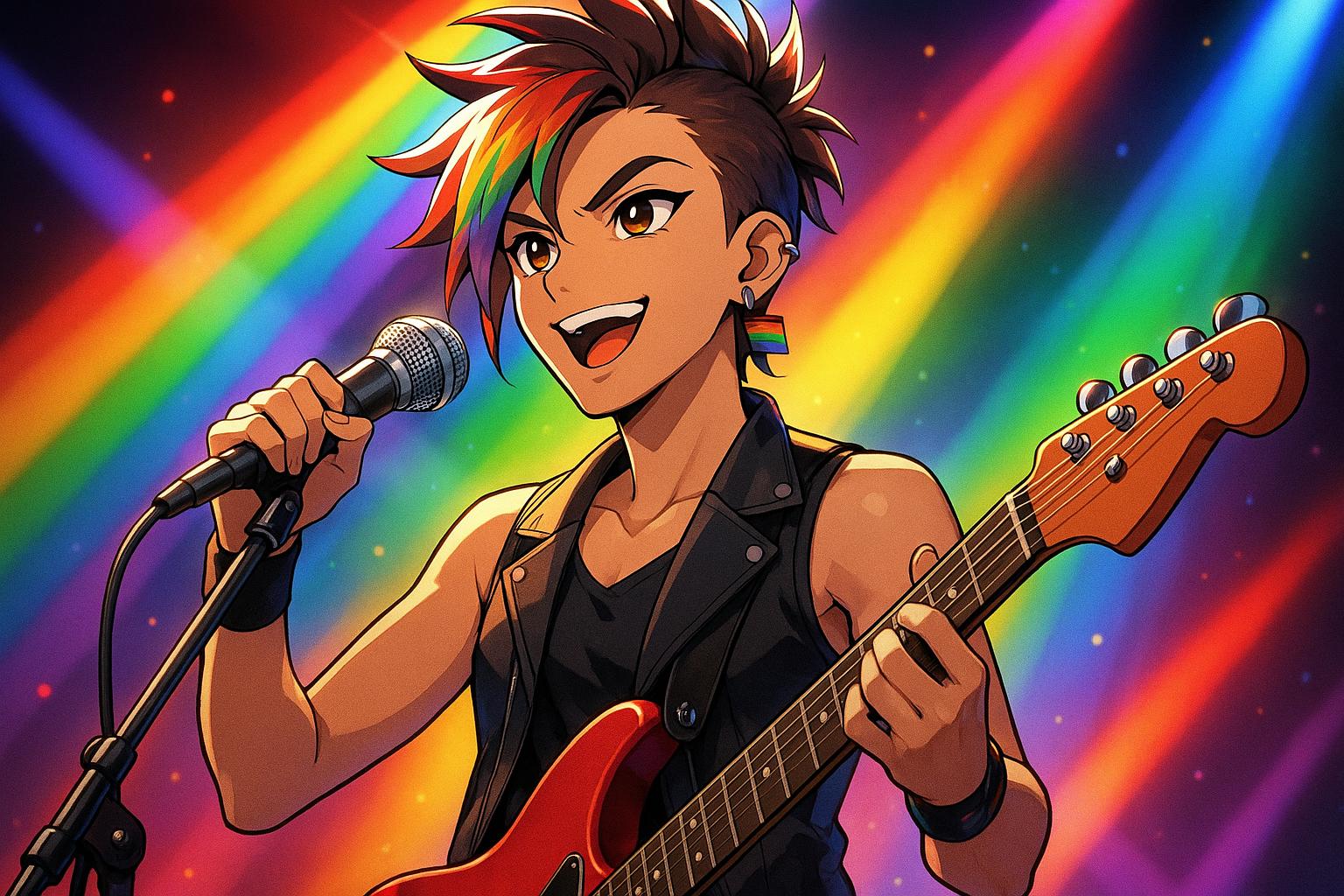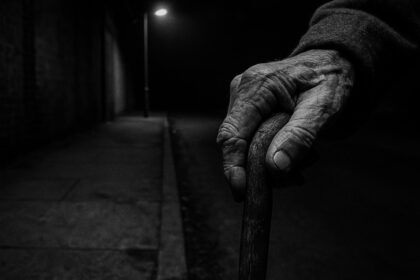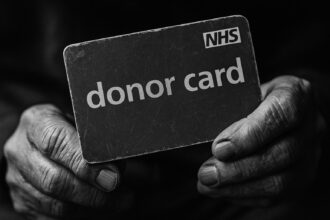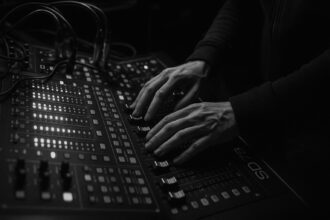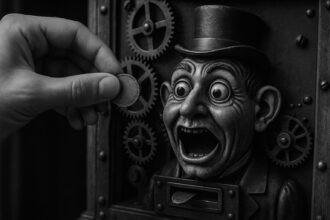From David Bowie’s gender-fluid rock personas to Lil Nas X’s breakthrough in country and hip-hop, LGBTQIA+ musicians have dramatically reshaped music genres and championed inclusion, inspiring new generations through courage and creativity.
There’s a transformative power in music, often amplified by those daring enough to live their truth openly. In the world of popular music, LGBTQIA+ artists have consistently pushed boundaries, offering not only entertainment but also a voice to the marginalised. From the punk explosions of the ’70s to today’s indie and mainstream hits, these musicians have changed the soundscape and directions of genres, all while championing love, inclusion, and authenticity.
The Influence of Iconic Voices
Prominent figures like Adam Lambert and Elton John have become symbols of this movement, standing boldly in the spotlight. Lambert, whose rise to fame began with American Idol, has since toured with the legendary band Queen, serving as an emblem of pride for the LGBTQIA+ community. Similarly, Elton John has made significant strides in advocating for LGBTQIA+ rights through his music and philanthropic efforts. His foundation continues to support initiatives aimed at ending discrimination and promoting health and education among LGBTQIA+ youth. Both artists exemplify how visibility can lead to inspiration for countless fans grappling with their identities.
Among the trailblazers is David Bowie, whose experimentation with androgyny and fluidity radically shaped perceptions of masculinity and sexuality in popular culture. Bowie’s portrayal of alter-egos such as Ziggy Stardust redefined rock aesthetics and has left an indelible mark on contemporary artists like Lady Gaga and Janelle Monáe, as highlighted in various analyses of his legacy. His theatricality and openness have become benchmarks for what it means to express one’s identity, allowing future generations to explore and celebrate their own differences.
Historical Context and Emerging Voices
The contributions of earlier artists often set the foundation for this ongoing tumultuous celebration of diversity. Figures like Bessie Smith and Ma Rainey broke through societal norms in the 1920s, voicing sentiments that resonated with many within the LGBTQIA+ community. Their music not only entertained but also challenged the status quo, paving the way for the rich tapestry of queer narratives in music that followed. More recent icons, such as Lil Nas X and Halsey, continue to push these boundaries. Lil Nas X’s unapologetic embrace of his identity, especially in the context of country and hip-hop, represents a significant shift in these traditionally conservative genres. Halsey’s candid discussions about mental health and sexuality lend a new depth to pop culture, making the conversations surrounding identity more accessible and relatable.
The landscape of music has been vividly marked by these artists’ courage. As Bisexual folk-punk singer Ani DiFranco recognised, music serves as a powerful vehicle for storytelling. Her advocacy for reproductive rights and LGBTQIA+ visibility in the 1990s remained groundbreaking, highlighting the intersectionality of social issues. Similarly, Courtney Barnett’s raw and honest lyrics have resonated deeply within the indie rock scene, taking it further into territories historically devoid of queer representation.
Cultural Impact and Legacy
Artists like Lady Gaga and Madonna have continued this momentum by actively engaging with LGBTQIA+ issues, using their platforms to advocate for rights and visibility. Gaga’s creation of the Born This Way Foundation underscores her commitment not only to the LGBTQIA+ community but also to mental health advocacy, building a legacy that extends far beyond mere performance.
While some like Freddie Mercury may have kept their sexuality more private during their lives, their cultural impact remains profoundly queer. Mercury’s artistry transcends traditional boundaries, creating a space for both vulnerability and strength, chased by a flamboyance that resonates today as much as it did in his prime.
In exploring the journeys of these artists, one finds a rich narrative that underscores the resilience and evolution of queer voices in music. Each act of defiance against societal constraints echoes the walls of homophobia and transphobia, offering a lifeline to those seeking acceptance.
Music, therefore, does more than merely entertain; it can shift paradigms and foster understanding. By amplifying these voices, we celebrate a legacy of courage, creativity, and authenticity—reminding us that every note carries the potential to challenge norms and change hearts. As the narrative of music continues to evolve, these artists stand as both witnesses and catalysts in our collective march toward liberation.
 Reference Map:
Reference Map:
Source: Noah Wire Services
- https://www.thatericalper.com/2025/06/02/79-lgbtqia-music-icons-who-changed-the-sound-and-the-world/ – Please view link – unable to able to access data
- https://time.com/4175766/david-bowie-influence-legacy/ – This article explores David Bowie’s profound impact on the music and fashion industries, highlighting his androgyny and exploration of sexual fluidity. It discusses how his ever-changing image and various alter-egos, like Ziggy Stardust and the Thin White Duke, influenced designers and pop stars, particularly Lady Gaga. The piece also covers Bowie’s theatricality and incorporation of sci-fi themes, noting his influence on artists such as Janelle Monáe. Bowie’s legacy is presented as a testament to his transformative power and lasting influence on contemporary performers and creatives.
- https://www.berklee.edu/berklee-now/news/queer-artists-who-shaped-music-history – This article highlights several queer artists who have significantly influenced music history. It features Gary Burton, a pioneering vibraphonist and educator; Pauline Oliveros, an experimental composer known for her ‘deep listening’ philosophy; and Wendy Carlos, a trailblazer in electronic music who popularized the Moog synthesizer. The piece emphasizes their contributions to music and their roles in advocating for LGBTQIA+ visibility within the industry.
- https://en.wikipedia.org/wiki/Cris_Williamson – Cris Williamson is an American feminist singer-songwriter and recording artist born in 1947. She was a visible lesbian political activist during an era when few were aware of gay and lesbian issues. Williamson’s music and activism have served as a catalyst for change, leading to the creation of women-owned record companies in the 1970s. She is credited with contributions both artistically and politically and continues to be a role model for younger generations seeking recognition for achievements specific to people who have historically been ignored.
- https://www.lcm.ac.uk/about-us/news/lgbtplus-history-month-5-artists-who-have-made-an-impact-on-the-music-industry/ – This article discusses five artists who have made significant impacts on the music industry during LGBT+ History Month. It includes Leonard Bernstein, an American composer and conductor known for ‘West Side Story’ and his support for LGBTQIA+ rights; Ma Rainey, a pioneering blues singer from the 1920s who was openly bisexual; and others. The piece highlights their contributions to music and their roles in advocating for LGBTQIA+ visibility within the industry.
- https://www.newwestrecord.ca/living/photos-25-times-lgbtq-artists-made-music-history-6651123 – This article presents 25 instances where LGBTQ+ artists have made significant contributions to music history. It features Lady Gaga, who became the first woman to win an Oscar, Grammy, BAFTA, and Golden Globe in the same year; Patrick Haggerty, who released the first gay country album in 1973; and Lil Nas X, who achieved viral success with his song ‘Old Town Road’ and has been celebrated for his Black queerness. The piece highlights their achievements and impact on the music industry.
- https://ktvz.com/stacker-entertainment/2023/03/02/25-times-lgbtq-artists-made-music-history/ – This article presents 25 instances where LGBTQ+ artists have made significant contributions to music history. It features David Bowie, recognized as one of the great idiosyncratic talents of his time; RuPaul, named one of Time magazine’s most influential people in 2017; and Leonard Bernstein, the first American to lead a major American orchestra. The piece highlights their achievements and impact on the music industry.
Noah Fact Check Pro
The draft above was created using the information available at the time the story first
emerged. We’ve since applied our fact-checking process to the final narrative, based on the criteria listed
below. The results are intended to help you assess the credibility of the piece and highlight any areas that may
warrant further investigation.
Freshness check
Score:
6
Notes:
The narrative appears to be a recent compilation, with the earliest known publication date being June 2, 2025. However, similar content has been published in the past, such as the book ’50 Queer Music Icons Who Changed the World’ by Will Larnach-Jones, published on May 15, 2018. ([publishing.hardiegrant.com](https://publishing.hardiegrant.com/en-us/books/50-queer-music-icons-who-changed-the-world-by-will-larnach-jones/9781784881504?utm_source=openai)) This suggests that while the current narrative may be fresh, it draws upon previously published material. Additionally, the presence of a reference map with multiple citations indicates that the content may be recycled from various sources. The inclusion of updated data may justify a higher freshness score, but the recycled nature of the content warrants a moderate score.
Quotes check
Score:
7
Notes:
The narrative includes direct quotes from artists like Ani DiFranco and Courtney Barnett. However, these quotes are not attributed to specific sources, making it challenging to verify their originality. Without clear attribution, it’s difficult to determine if these quotes are original or have been used in previous publications. The lack of verifiable sources for these quotes suggests a need for caution regarding their authenticity.
Source reliability
Score:
5
Notes:
The narrative originates from ‘That Eric Alper,’ a platform known for aggregating and sharing music-related content. While it provides a platform for various articles, the reliability of the content can vary. The lack of clear authorship and the platform’s nature as an aggregator raise questions about the credibility of the information presented. The absence of verifiable sources for some claims further diminishes the overall reliability score.
Plausability check
Score:
6
Notes:
The narrative presents a list of 79 LGBTQIA+ music icons, which is plausible given the rich history of LGBTQIA+ artists in the music industry. However, the lack of specific details, such as dates and direct attributions, makes it difficult to fully assess the accuracy of the claims. The inclusion of a reference map with multiple citations suggests an attempt to provide supporting evidence, but the absence of direct links or clear references to these sources limits the ability to verify the information. The overall plausibility is moderate, given the general accuracy of the information but the lack of specific verifiable details.
Overall assessment
Verdict (FAIL, OPEN, PASS): OPEN
Confidence (LOW, MEDIUM, HIGH): MEDIUM
Summary:
The narrative presents a compilation of LGBTQIA+ music icons, drawing upon previously published material and lacking clear attribution for some quotes. The source’s reliability is questionable due to the platform’s nature and the absence of verifiable sources. While the general information is plausible, the lack of specific details and direct references limits the ability to fully assess the accuracy of the claims. Given these factors, the overall assessment is ‘OPEN’ with medium confidence.


